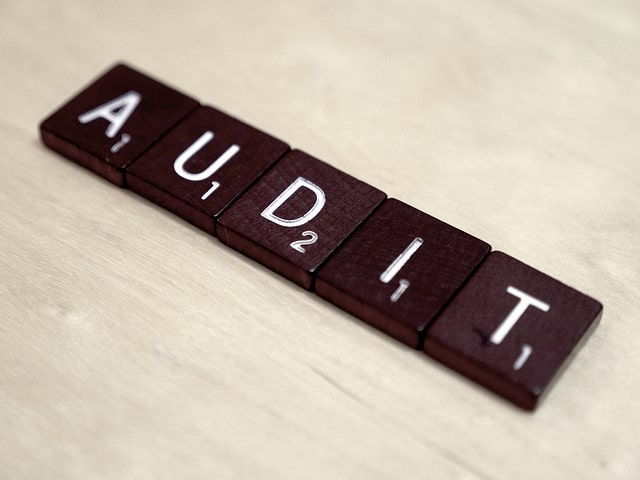One conventional meaning of a copyright audit is “a cataloging of an organization’s intellectual property possessions.” It is required for a company to meet its due-diligence needs for mergers, purchases, or other transfers.
Today, companies see an intellectual property audit not just as an annual report for intangible assets but also, a lot more significantly, as a self-evaluation that the company regularly and also constantly takes part in to figure out the value of its own properties, identify just how to best maximize those assets, and also follow the transforming worths of its properties when faced with the ever-changing economic as well as legal ecosphere.
That Should Conduct a Copyright Audit?
” Intellectual property audit” is maybe something of a misnomer. It suggests that the audit is a simple counting up of properties, and the person performing the audit simply adds up the copyright discovered in the company as well as reports the worth. Nothing could be even more from the truth.
A copyright audit is a naturally legal endeavor, as well as ought to as a result be carried out by a group including a minimum of an attorney with experience in the legislation of intellectual property, either internal or outside counsel, or by the in-house employees of the organization if they have sufficient knowledge of the company’s copyright to carry out the activities required for an intellectual property audit of the organization.
A copyright audit is not an accounting feature. The intellectual property audit is an assessment of the legal status and also the value of an organization’s copyright, especially targeting those areas where the advertising and also management objectives of the organization as well as the existing protection of the company’s intellectual property are in some way not well fit every other.
The lawyer or attorneys and another staff member (the team might consist of the copyright attorney as well as at the very least one agent from each of the management, advertising, and innovation locations; as a result of the intrinsic legal value of the intellectual property audit, a minimum of one member of the team have to be an intellectual property lawyer) selected to do the audit should for that reason have some expertise with the company’s modern technology.
The advertising, and monitoring objectives of the company, and also have some familiarity with what is involved in copyright defense: prosecution of the registration application, maintenance of the residential or commercial property, as well as on through protection of the copyright via lawsuits as well as the appellate process.
When to Conduct a Copyright Audit
When should a company think about carrying out an intellectual property audit? Lawyer Leslie J. Lott has actually recognized a number of suitable times in the life of a company for copyright audits; in this subsection, I obtain heavy from her listing and also discourse.

New Copyright Management
If the company has new copyright management, the new intellectual property supervisor should have a detailed copyright audit done to come to be familiar with the status of the profile.
Merging, Acquisition, Considerable Stock Acquisition
A significant corporate change (merger, procurement, significant stock acquisition) can impact intellectual property possession; this is one more signal for an intellectual property audit. For easy-to-understand, in-depth information about auditing, visit European Business Review to get more important information.
Transfer or Assignment of Passion in Intellectual Property
A transfer or job of intellectual property from one organization to another asks for a copyright audit of both companies’ copyright. Below, the intellectual property audit allows the organizations to be sure the transfer or project meets the interests of both by making sure that the intellectual property is appropriately safeguarded and improves the acquiring company’s existing intellectual property interests, which the intellectual property does not leave any kind of unintended vulnerabilities for the organization moving the rate of interests.


